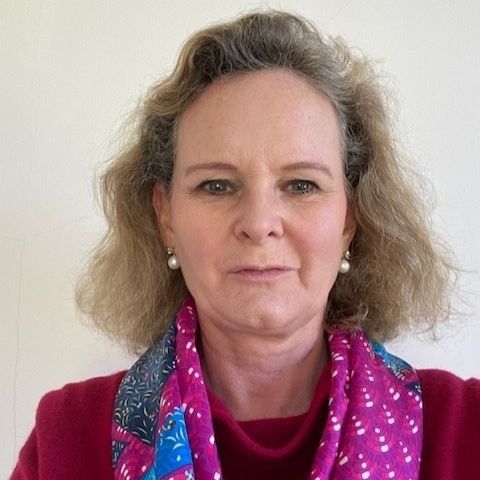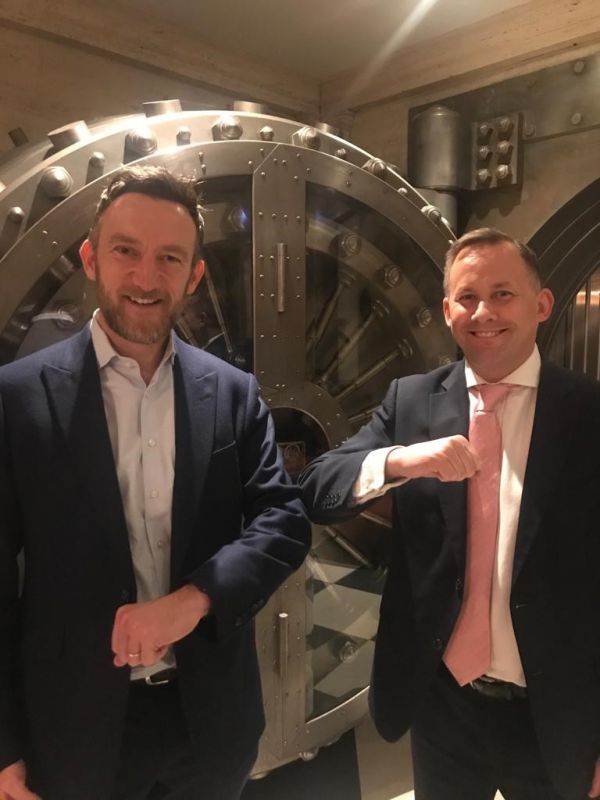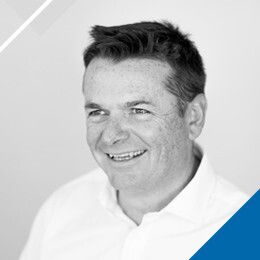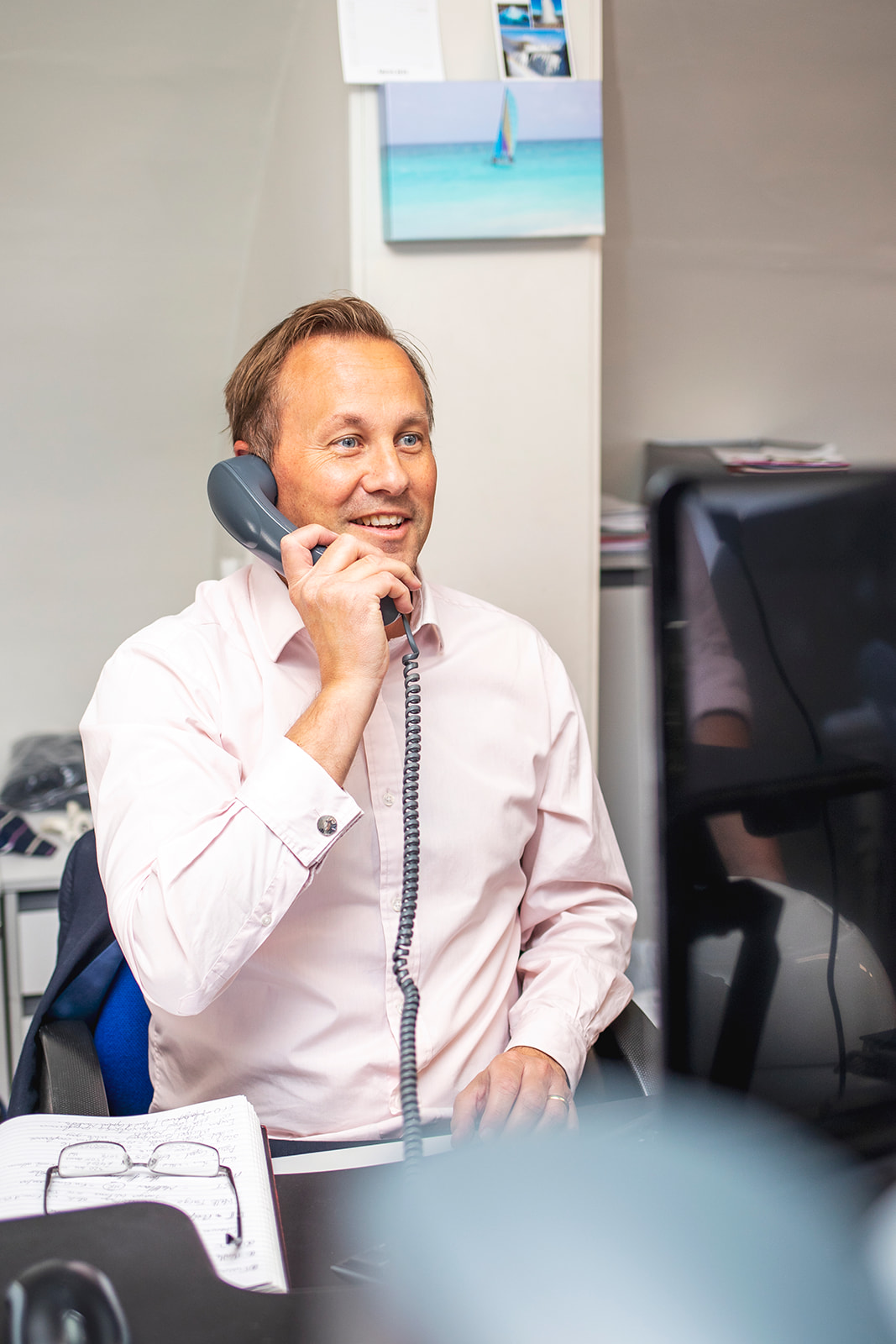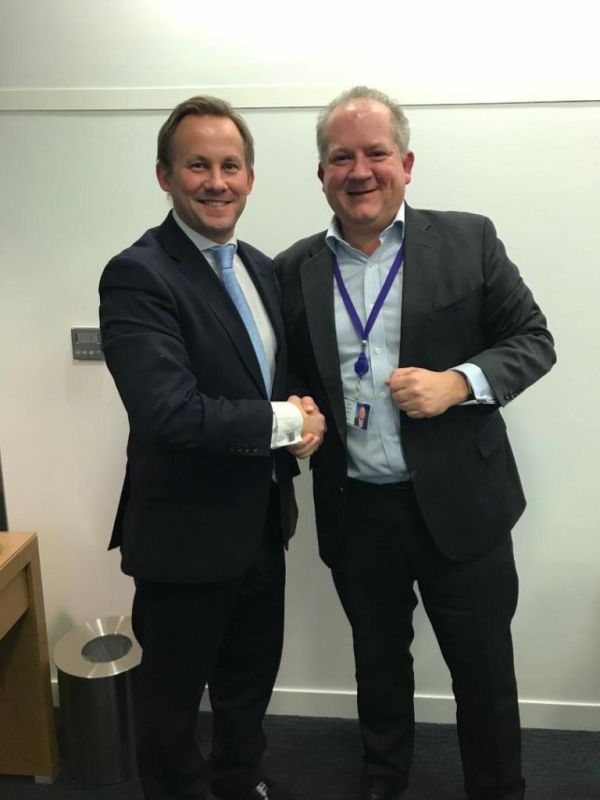
Rob Cutler – Partner, Forensic Services, KPMG
How did you get into financial crime consulting?
I started as an accountant at a Big 4 consultancy firm and was doing external and internal audit work there but, as I felt I did not want to do audit forever, I found myself asking “what’s next?”
A friend then recommended that I join the Forensics Team at my firm. I took her advice, joined and worked on a number of high profile investigations. My first major investigation was a money laundering case which involved a private banker who specialised in hiding assets for clients. He had two associates who had died in suspicious circumstances and then he also died in suspicious circumstances, which whetted my appetite for investigatory work!
After two years of very interesting work, I moved to South Africa with my firm. One of the first investigations there involved criminal gangs who were front running stocks on the stock market. It was during this time that I had the pleasure of working with an anti-money laundering SME from the US, who helped with the investigations. For a number of months I worked alongside him and learnt a great deal about international money laundering. I also investigated drug dealers, internal frauds, procurement frauds that involved undercover agents and even did some traditional forensic accounting work.
I then moved back to the UK around the time of 9/11 and it was during an engagement helping a major bank with some client due diligence issues that I witnessed the events of 9/11 whilst on the trading floor. It was at this point that I realised that preventing money laundering was about to become serious business.
After 10 years of audit and consultancy I wanted to progress my career more in-house and I started at Lehman brothers as a Deputy MLRO. I was fortunate to then work at a number of major banks as Head Of Financial Crime but after a while I then decided to move to Legal & General to develop my insurance and retail product experience. L&G is a great firm to work for and because the office was a relatively short drive from home I was able to explore more work-life balance. My golf club is on the way to the office and so it meant that in the summer I was able to play a round of golf before work most days!
Was financial crime consulting your first career choice?
No. I studied Politics Philosophy and Economics at university. If I had not become an accountant I would have joined the army.
What were you doing before KPMG?
I have been MLRO and Head of Financial Crime for a number of organisations before joining KPMG.
What attributes do you think have made you successful in your career?
Since I joined the Forensic and AML world I believe there have been three attributes that have contributed to where I am today. The first is curiosity and always trying to think of alternative ways to finding solutions. When doing investigations this is crucial. The second was constantly learning about new money laundering typologies/techniques and thinking about how financial services firms could protect themselves. This includes embracing technology and trying to work out how this can help. The thirdly, and I think the most important, is building relationships in the industry. This is at all levels of organisations and also different departments. Whilst in industry, it was crucial to build relationships and gain the trust of the first line. My mantra always was that I wanted the business to come to me because my team added value rather than because they had to.
Do you look for candidates with a particular educational background or particular qualifications?
No, I like candidates with intellectual curiosity, ambition and passion. It does help if candidates have some professional training however, such as ACAMS or ICA.
What advice would you give to a junior starting their career?
Make sure you understand the key regulations, such as the JMLSG guidance notes. Print them off and read them all the way through. I also ask candidates what other relevant books they are reading around the subject, such as ‘The Laundry Man’ by Geoffrey Robinson. I like juniors who start to solve issues.
What advice would you give to a mid-level professional?
Demonstrate excellent management of client jobs. Develop a specialism, something you’re passionate about which sets you apart. Ask yourself who you know.
What advice would you give to a number two?
Develop communication skills to deal with board level clients. At this level you need to give an opinion and challenge the opinion of others. Develop a full understanding of risk and understand what clients are worried about.
Who is the person or persons who have had the biggest impact on your career?
I’ve worked for many excellent people but one person who stands out is Claire Curtis who I had the pleasure to work for whilst at Lehman Brothers. I was fresh out of a big 4 firm and she gave me the confidence to believe in what I say and not worry about making mistakes, as long as it was only once! She empowered me to trust my opinion and gut feeling and she also told me never to try and be someone that you’re not.
Last, but not least, when you’re not in work, how do you unwind?
It may be a cliché, but I enjoy spending time with my family. I support my children’s activities, one daughter is a keen actress and the other is an excellent sports woman. I enjoy playing golf and spending time with friends. I’ve always tried to keep work and home separate as much as possible. This allows me to recharge and means I start each day and each week excited about what I do!
Learn more about Rob – see his LinkedIn Profile here.

